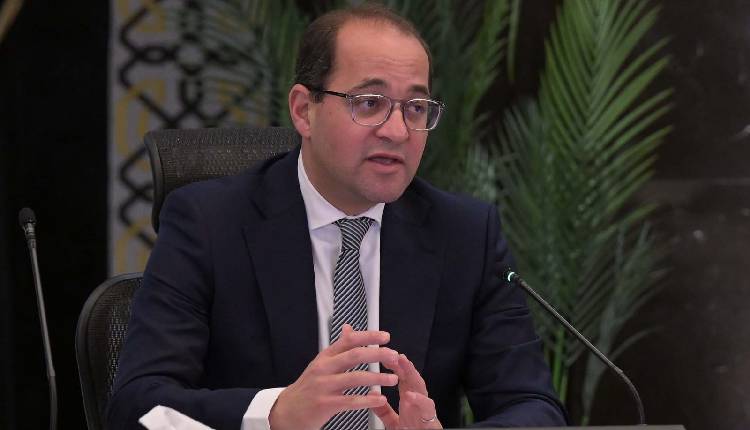Egypt has introduced a new social protection package to support vulnerable groups, increase wages and pensions, and strengthen economic stability, Finance Minister Ahmed Kouchouk has announced during a press conference with Prime Minister Moustafa Madbouly on Wednesday evening.
Minister Kouchouk emphasised that the package aligns with government efforts to provide targeted cash support without distorting prices or fuelling inflation, which has been on a declining trend. He expressed optimism that inflation rates would continue to fall in the coming months.
Financial Support for Low-Income Families
As part of immediate measures, around 10 million ration cardholders will receive direct financial aid ahead of Ramadan:
- 125 Egyptian pounds for single-child households.
- 250 Egyptian pounds for families with two children.
- The same payments will be repeated during Eid al-Fitr to further assist vulnerable families.
Additionally, 5.2 million beneficiaries under the Takaful and Karama programme will receive 300 pounds per family in Ramadan, with a 25 per cent permanent increase in cash allowances starting in April.
Healthcare and Urgent Medical Assistance
The government has prioritised healthcare by funding 60,000 critical medical cases, including surgeries on waiting lists. If more cases arise, additional resources will be allocated to ensure timely treatment. The state is also expanding free medical treatment programmes, ensuring quicker access to life-saving care.
Economic Empowerment and Job Creation
To promote economic stability, a 10 billion Egyptian pound fund will be launched to support young people not covered by Takaful and Karama programme through:
- Entrepreneurship and small business development.
- Financial support for job seekers to secure stable employment.
- Collaboration with funding institutions to enhance economic impact.
Support for Irregular Workers and Farmers
Irregular workers will receive a 1,500 pound grant, paid six times a year to improve financial security. Meanwhile, the government is bolstering agricultural support at a total cost of 35-40 billion pounds by:
- Raising crop procurement prices, particularly for wheat and cotton.
- Allocating 6 billion Egyptian pounds in additional funding for farmers.
- Ensuring higher-than-global prices for local wheat supplies to stabilise incomes.
Wage and Pension Increases from July
Starting in July, 4.5 million government employees and 13 million pensioners will benefit from 85 billion Egyptian pounds allocated for salary and pension adjustments. Key measures include:
- Raising the minimum wage to 7,000 Egyptian pounds.
- A 10 per cent salary increase for structured public sector employees (minimum raise: 150 pounds).
- A 15 per cent salary increase for employees outside structured pay scales (minimum raise: 150 pounds).
- Boosting the cost-of-living allowance from 400 pounds to 1,000 pounds.
Pensioners will also see a 15 per cent increase in their payments to improve financial security.
Investment in Education and Healthcare
The government is allocating additional resources to improve education and healthcare by:
- Raising teacher incentives with an extra 500 million pounds.
- Expanding the quality incentive for university faculty members by 500 million pounds.
- Strengthening teacher recruitment and training programmes.
- Enhancing funding for healthcare professionals.
Largest Wage Increases in Recent Years
Prime Minister Madbouly confirmed that wage and pension increases will take effect by the start of the new fiscal year 2025-2026 on July 1st, ensuring that no public employee earns less than 7,000 pounds per month, excluding fixed allowances and benefits.
With these efforts, the government aims to ease economic pressures, enhance social welfare, and improve financial stability for millions of Egyptians.
Attribution: Amwal Al Ghad English
Subediting: M. S. Salama


